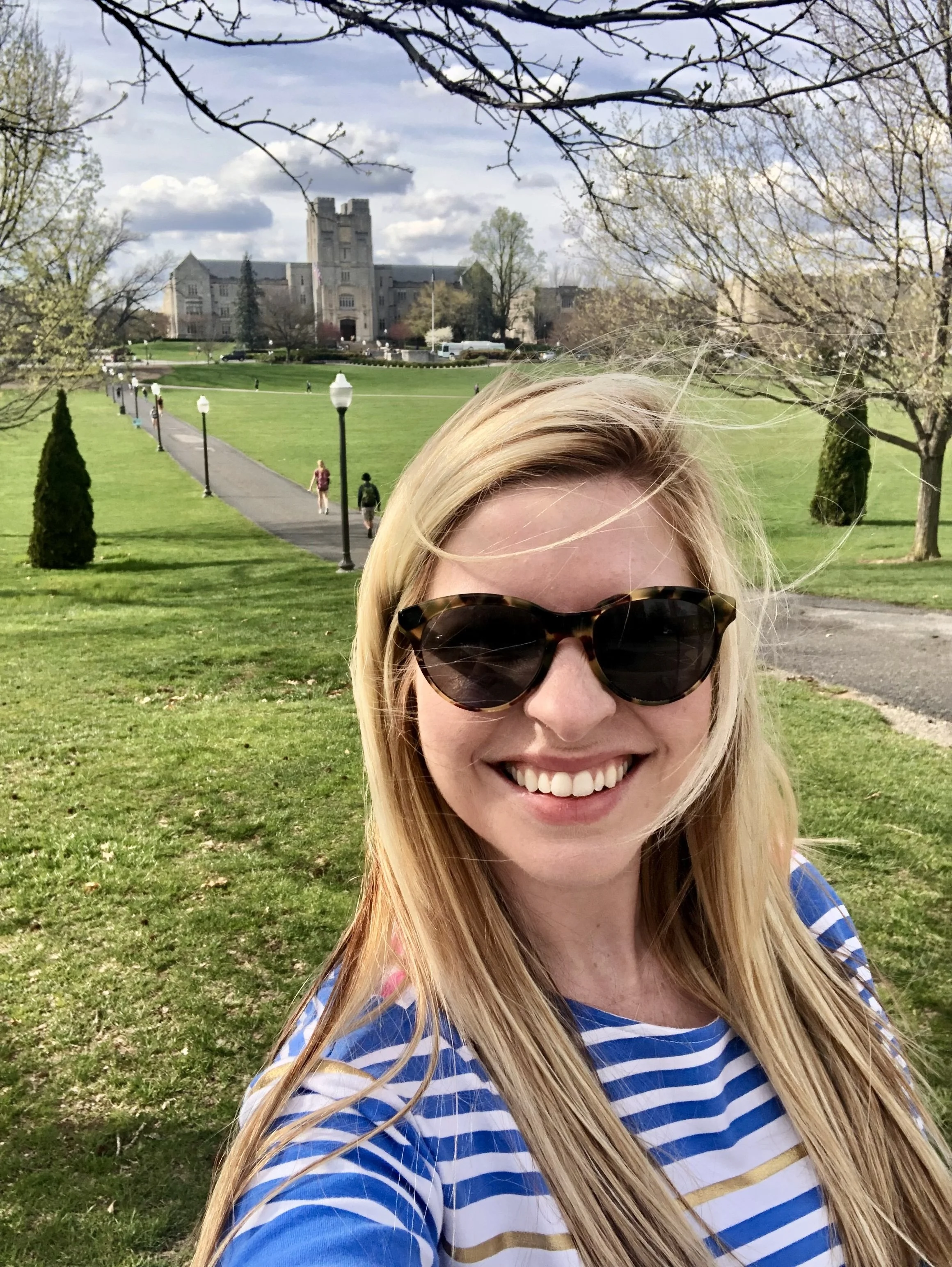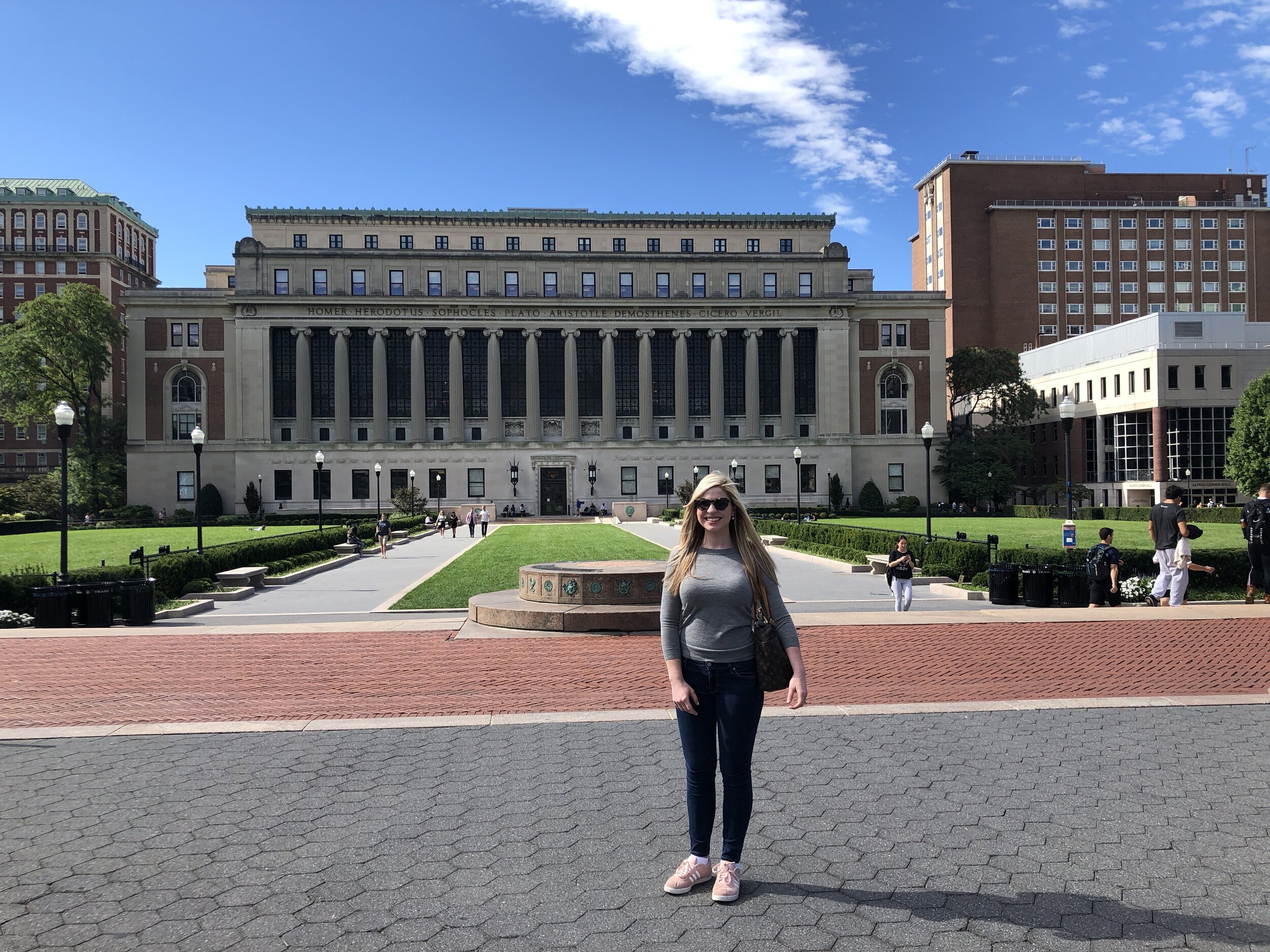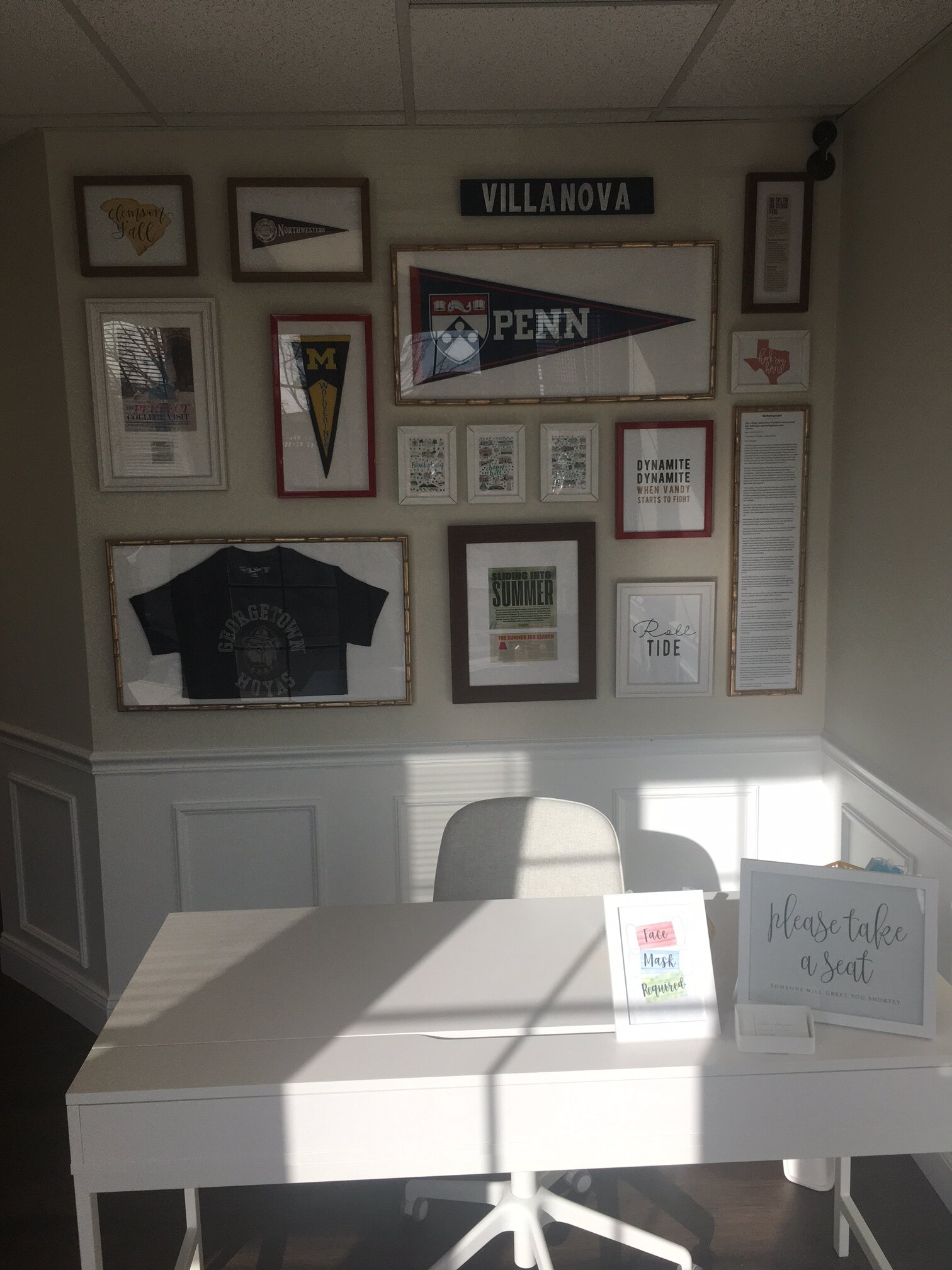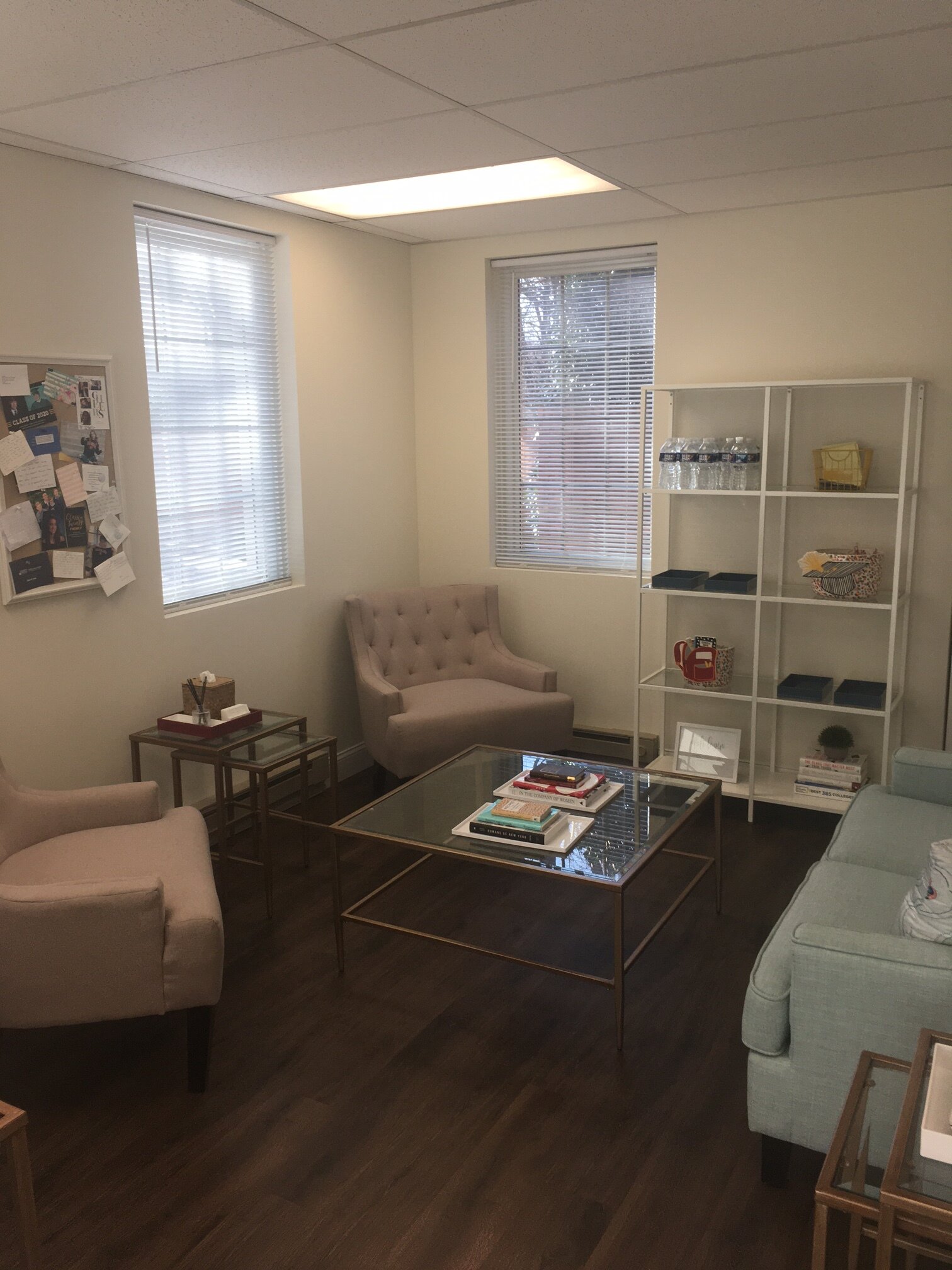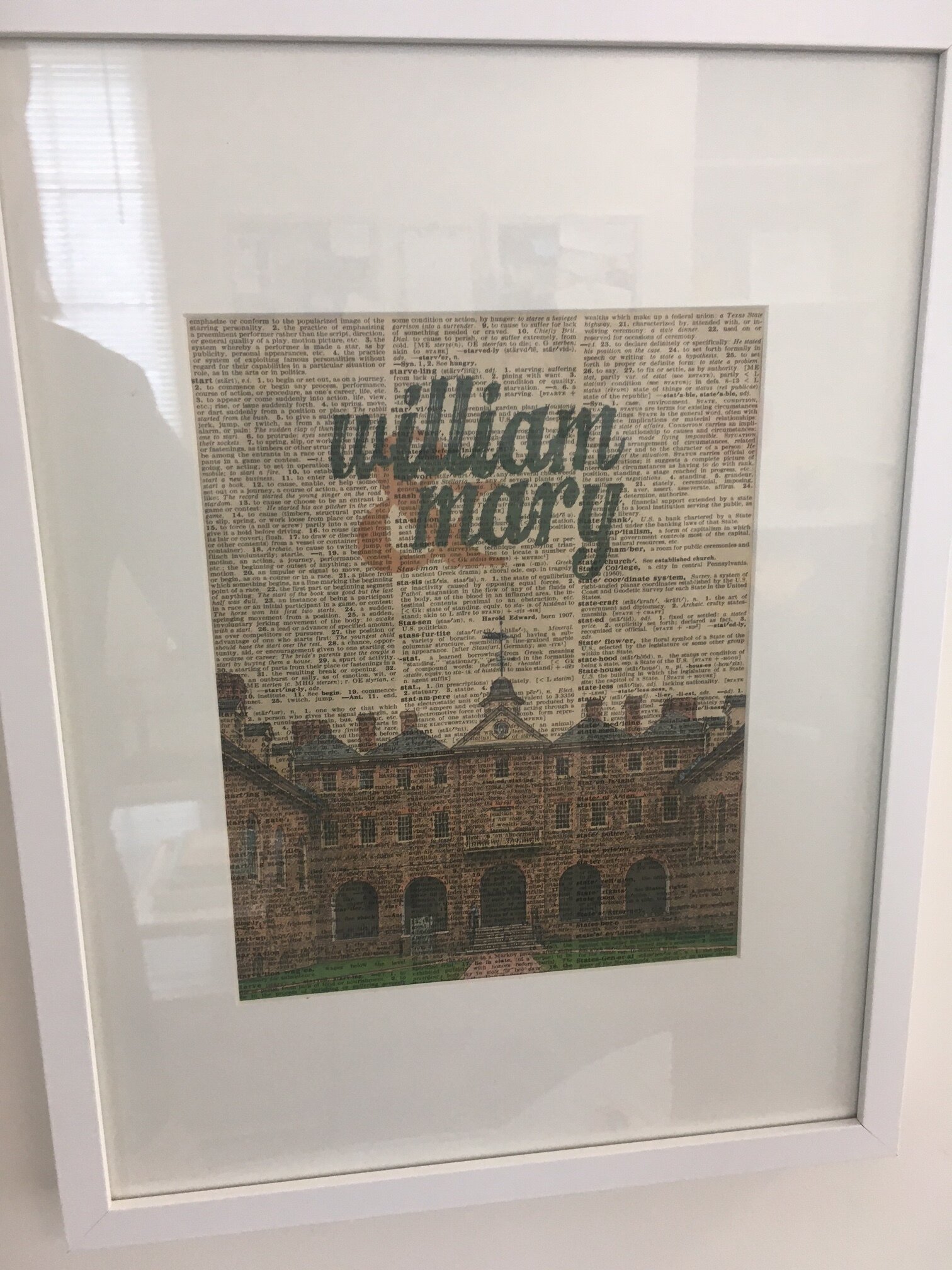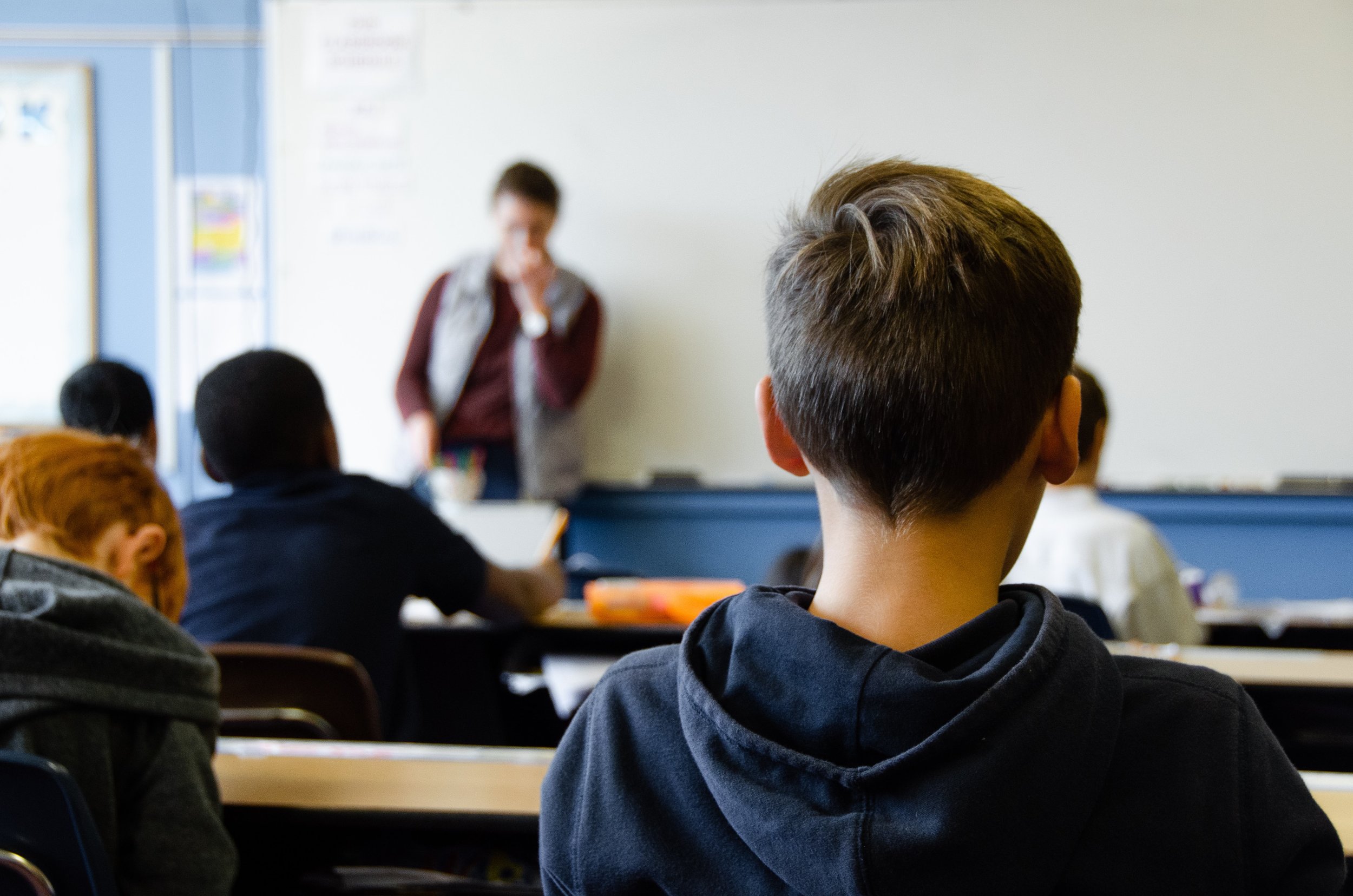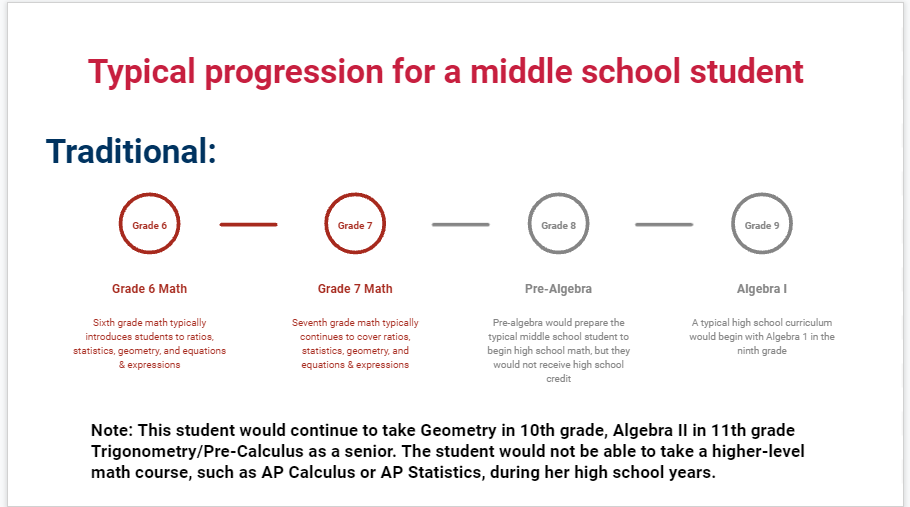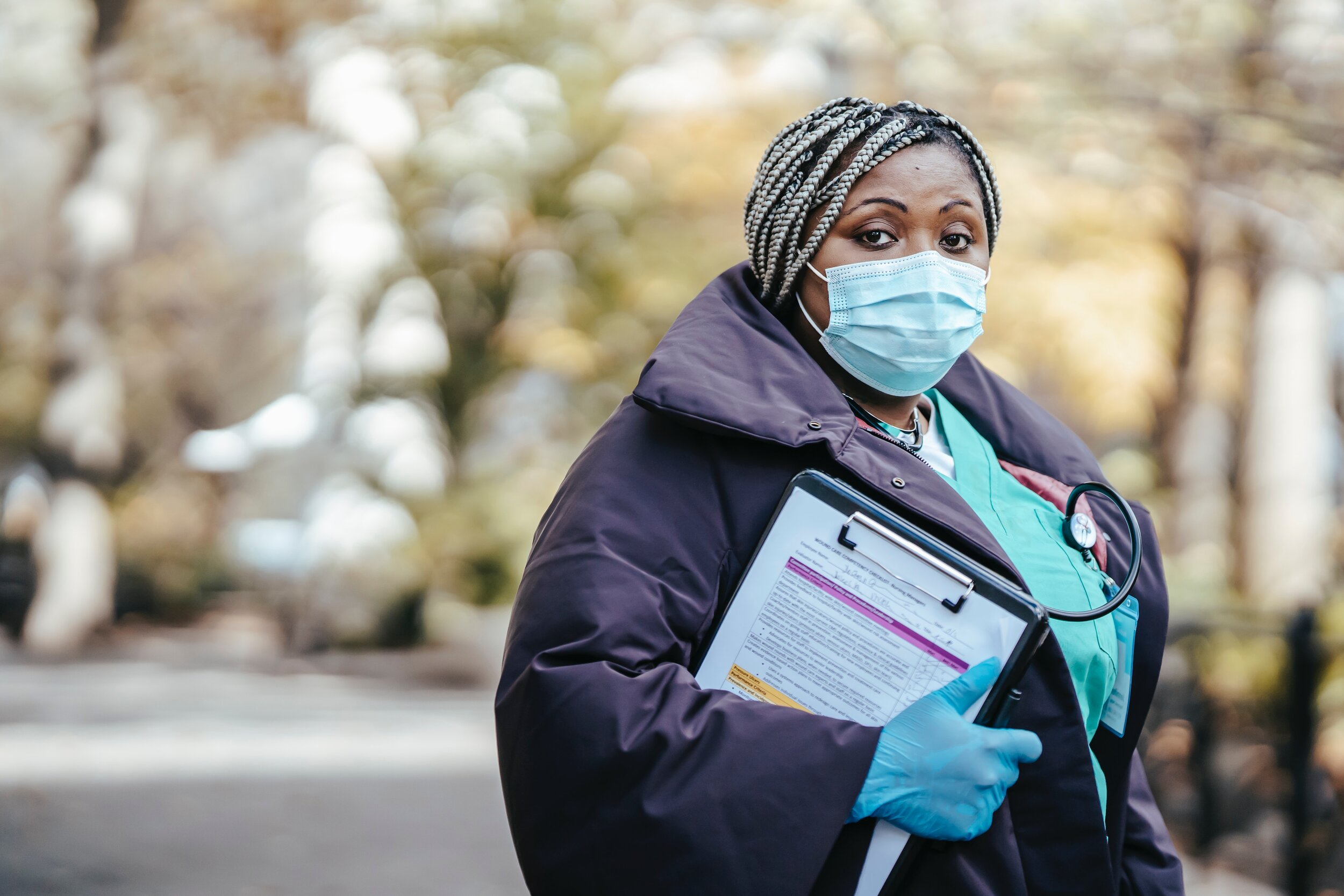A huge CONGRATULATIONS to our students who received the last of their RD decisions this week - you did it!!
BIGGEST COLLEGE-RELATED NEWS OF THE WEEK
LAST ROUND OF DECISIONS IS IN
After the Ivy League’s delayed release date of April 6 and Stanford’s April 7 release, all decisions are finally OUT! This has been a particularly difficult admissions cycle, as we’ve now said a million times, but you can see the hard facts on College Kickstart’s admissions results list. Those are some tough numbers! Regardless of the decisions you received, I want to be able to celebrate, commiserate, or strategize with you, so if you are a current client - let me know how you’re doing!
WAITLIST NUMBERS EXPLODE THIS CYCLE
This has been an extraordinary year for waitlists - the record numbers of applicants, combined with test-optional admissions and schools’ concern for yield numbers, have led to extensive waitlists and a lot of uncertainty. The Washington Post quoted UVa’s Dean of Admissions Greg Roberts, who reflected: “I’m not sure I’ve ever gone into a summer so uncertain about what is going to happen.” Well said - same here!
If you are one of the students who received a waitlist decision, check out our blog post about handling difficult decisions - and get to work on that LOCI (unless you’re waitlisted at UVa - they don’t want these letters)! Need help with your letter of continued interest? Book an appointment with us and we can walk you through it.
TOURS AND INFO SESSIONS RESUME
Many schools have brought back some form of on-campus tour, and more than a few have brought back info sessions or one-on-one meetings with admissions counselors as well. This is great news for Class of 2021 students trying to make a decision before May 1 as well as Class of 2022 students who are still putting together their college lists. That said, visit options are changing all the time, so make sure to check your schools of interest before booking those summer trips!
UNIVERSITY OF KENTUCKY ACCIDENTALLY ADMITS 500,000 STUDENTS
It does seem like every year we hear about some unfortunate admissions errors! The University of Kentucky sent acceptance emails to 500,000 high school seniors for its selective College of Health Sciences program, which typically admits only 35-40 students per year. Luckily, most of the students who received the email were not interested in the program - and had not even applied to the university! So while this was a big error, it doesn’t seem like there will be too many disappointed students once everything is cleared up.
BEST ARTICLES OF THE WEEK
The miniscule admissions rates at top colleges this cycle are prompting a lot of thoughts about how to expand the number of students who are able to benefit from an education at an elite school. Should Harvard admit more students? Should Stanford create a second campus? And here’s my biggest question - would Harvard and Stanford even be as attractive to applicants if they weren’t as selective? While some of these ideas might drop the schools a rank or two in U.S. News, it does seem like a good trade-off for expanded access. We’ll have to wait and see whether this incredibly selective admissions cycle has any real impact for Ivy League schools in the long-term future.
We are only beginning to understand some of the lasting effects of the COVID-19 pandemic. One seems to be a decrease in young adults interested in becoming teachers. Teaching as a profession has been upended this year, and as a result, teaching programs at both the undergraduate and graduate level are seeing a drop in enrollment, while applications for organizations like Teach for America are also down. On the other side, attrition of teachers has increased with all of the uncertainty the profession has seen this year. This is just the latest decline in an industry that has been slowly losing candidates since 2006, and we’ll be watching to see whether there is a rebound from this latest drop.
You may have heard this week about the absolute chaos at Notre Dame Law School. Students were warned via email that they needed to deposit before the deposit limit was reached, or they would be unable to secure their spot. In just six hours, Notre Dame Law filled its class and all admitted students who wanted to consider other options, were unable to pay immediately, or just didn’t check their email were moved to the waitlist. This situation clearly disadvantaged students who did not have the money to deposit immediately, as well as those who did not have reliable internet access or work during the day.
This instance of inequity in the admissions process is just an indication of a larger underlying problem. With everyone in our industry occupied with COVID-19 in 2020, the National Association for College Admissions Counseling slipped a major change under the radar because of pressure from the DOJ: they replaced the required "Code of Ethics and Professional Practices" with the optional "Guide to Ethical Practice in College Admission." The situation at Notre Dame may just represent the beginning of what’s to come, now that less regulation exists in the admissions space.
OFFICE HAPPENINGS
I’m coming at you from Day 2 of a spontaneous road trip back from Florida on I-95. We had plane tickets and decided to drive at the last minute so my daughter wouldn’t have to quarantine for a week. I have seen a lot of teenagers in college gear at rest stops, which makes me so happy! Although - pro tip, don’t go crazy with the sweatshirts until you have an acceptance letter in hand next year!! ;)
Still not sure what to do this summer? Many of our students have reported great experiences at Cornell’s Precollege Summer Program, which will be holding an information session next Wednesday, April 14 at 8:00 pm. The application deadline is May 17, so interested students still have plenty of time to get an application in (or book a session with us for some help!).
Closer to home, JumpStart NOVA is providing graduating seniors with the opportunity to take two free courses at NOVA this summer and get ahead on their general education requirements. Interested students should apply by April 30. And if neither of these options work for you, check out the summer college courses list on our Summer Opportunities Database for some more ideas!
Enjoy the beautiful weather this weekend!








